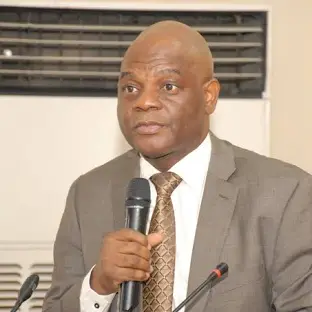LAGOS, Nigeria – The Corporate Accountability and Public Participation Africa (CAPPA) has condemned the Lagos State Government following its admission that residents of Lekki Peninsula may be consuming faecal-contaminated water from boreholes.
The group was on Sunday, reacting to a statement by Mahmood Adegbite, Permanent Secretary, Office of Drainage Services and Water Resources, who told a gathering that residents were “probably drinking what I will call ‘shit water’” due to underground water contamination.
CAPPA said the comment exposed years of neglect in the state’s public water system and the government’s failure to take responsibility.
“Boreholes and dug wells in Lagos are not luxury choices for residents. They are a survival response — the last resort of a people forced to provide their own water because public institutions have failed to deliver this basic need,” said CAPPA’s Executive Director, Akintunde Oluwafemi.
The group accused the – government of mocking residents instead of tackling the root causes — chronic underinvestment in public water infrastructure, untreated sewage, poor wastewater management, and failed sanitation systems.
Oluwafemi added, “You cannot neglect your constitutional duty for decades, then turn around to shame people for doing what they must to survive.”
CAPPA also criticised the government’s “repeated flirtation with discredited privatisation models” that it said prioritise profit over people, warning against reviving such policies without public consultation.
The group called for urgent public investment in water and sanitation, suspension of market-based water reforms, and adoption of a publicly led, community-focused governance framework.
It further urged the state to create an emergency plan targeting underserved communities, repair broken wastewater systems, and implement climate-resilient strategies, insisting that regulation of borehole drilling could only succeed if viable public water alternatives were first provided.
“Lagosians are not to blame for drinking unsafe water. They are victims of policy failure,” CAPPA stressed.



